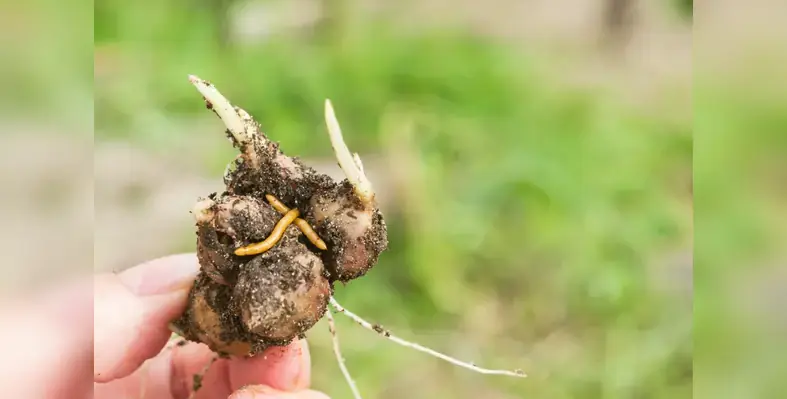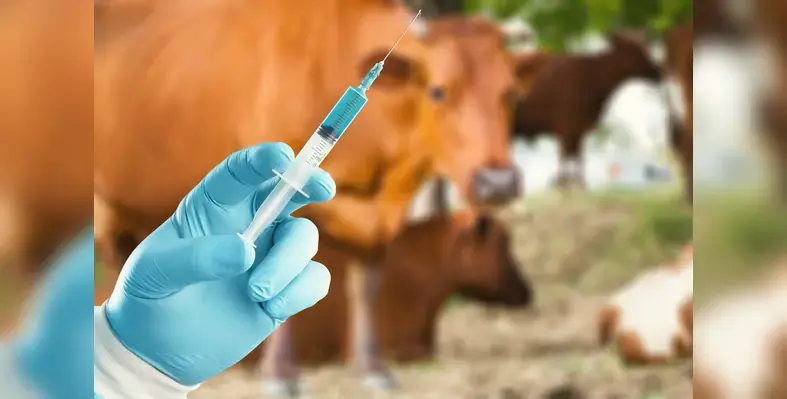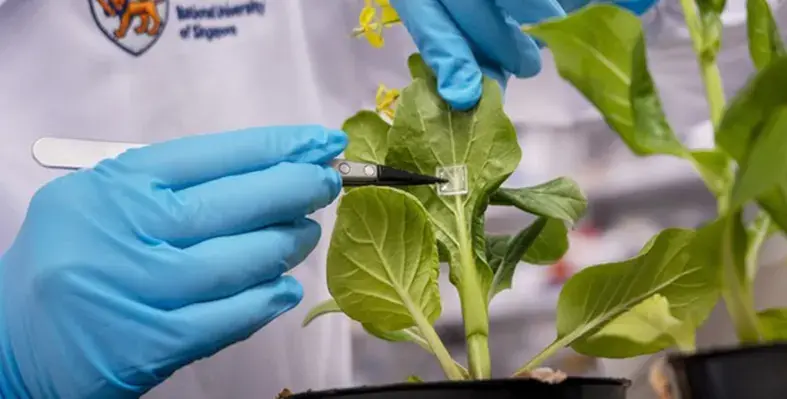Syngenta Canada has introduced Equento Cereals, a new seed treatment designed to give cereal growers in Western Canada stronger protection against wireworms and early season diseases.
The product is the first of its kind to combine both contact and systemic activity against wireworms, offering farmers a more effective way to protect crops from one of the region’s most persistent soil pests.
Equento Cereals brings together two insecticides and four fungicides to provide broad and reliable protection for cereal seeds and young plants. At the core of the treatment is PLINAZOLIN technology, a breakthrough active ingredient developed by Syngenta with a novel Group 30 mode of action. This is paired with Group 4 thiamethoxam to enhance insect control and help manage wireworm populations more effectively.
Justin Bouvier, product lead for Seedcare with Syngenta Canada said,“Equento Cereals seed treatment gives growers in Western Canada facing significant wireworm pressure a reliable tool to control populations this season and reduce wireworm populations in the following season.Equento Cereals protects seeds and young plants from wireworm feeding, known to lower plant health and crop yield.”
The contact activity in Equento Cereals works quickly to stop wireworm feeding, while its systemic action helps disrupt the pest’s lifecycle, reducing pressure over time. Alongside insect control, the treatment includes four fungicides that guard against a wide range of seed and soil borne diseases, supporting healthy crop establishment.
Shad Milligan, western technical lead for Seedcare with Syngenta Canada, said,“Equento Cereals delivers the same comprehensive level of disease protection cereal growers have come to expect from Cruiser Vibrance Quattro seed treatment paired with a novel mode of action to control wireworms.”
“With Equento Cereals, farmers can expect even crop emergence and uniform stand establishment, helping mitigate future weed management challenges caused by wireworm damage,” adds Milligan.
Equento Cereals contains six proven active ingredients that also deliver the benefits of Vigor Trigger and Rooting Power, helping crops establish strong roots and achieve a vigorous start. The product will be available in Western Canada for the 2026 growing season, sold either in cases or bulk packaging to suit different farm needs.
The launch marks the first approval of PLINAZOLIN technology for use in Canada. “This is a proud moment for Syngenta Canada,” says Scott Ewert, Head of Seedcare for Syngenta Canada. “Bringing PLINAZOLIN technology to Canada reflects our commitment to investing in breakthrough innovations that keep farmers competitive, productive, and profitable. Our customers entrust us to advance tools and technology that will keep them competitive in a global market.”








